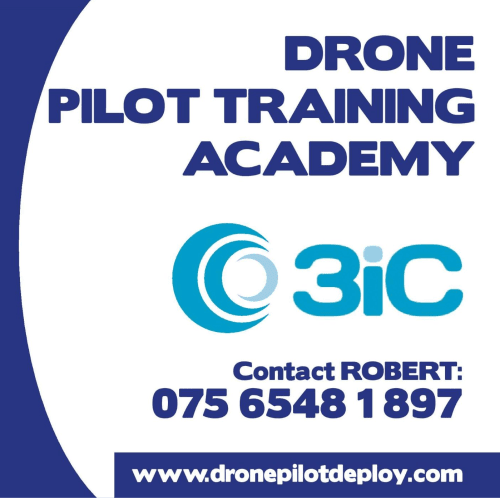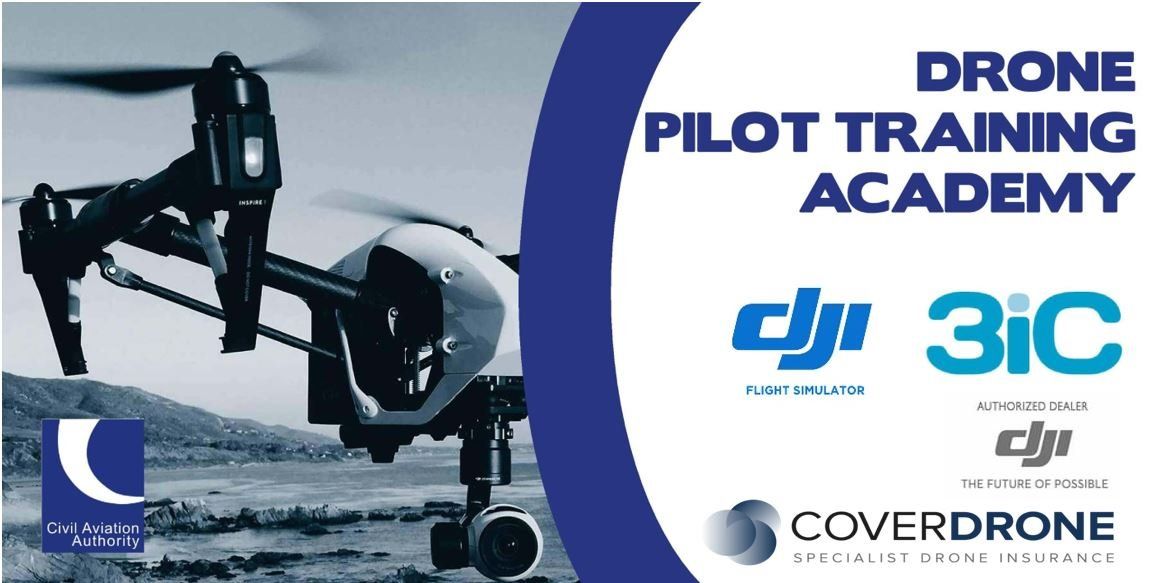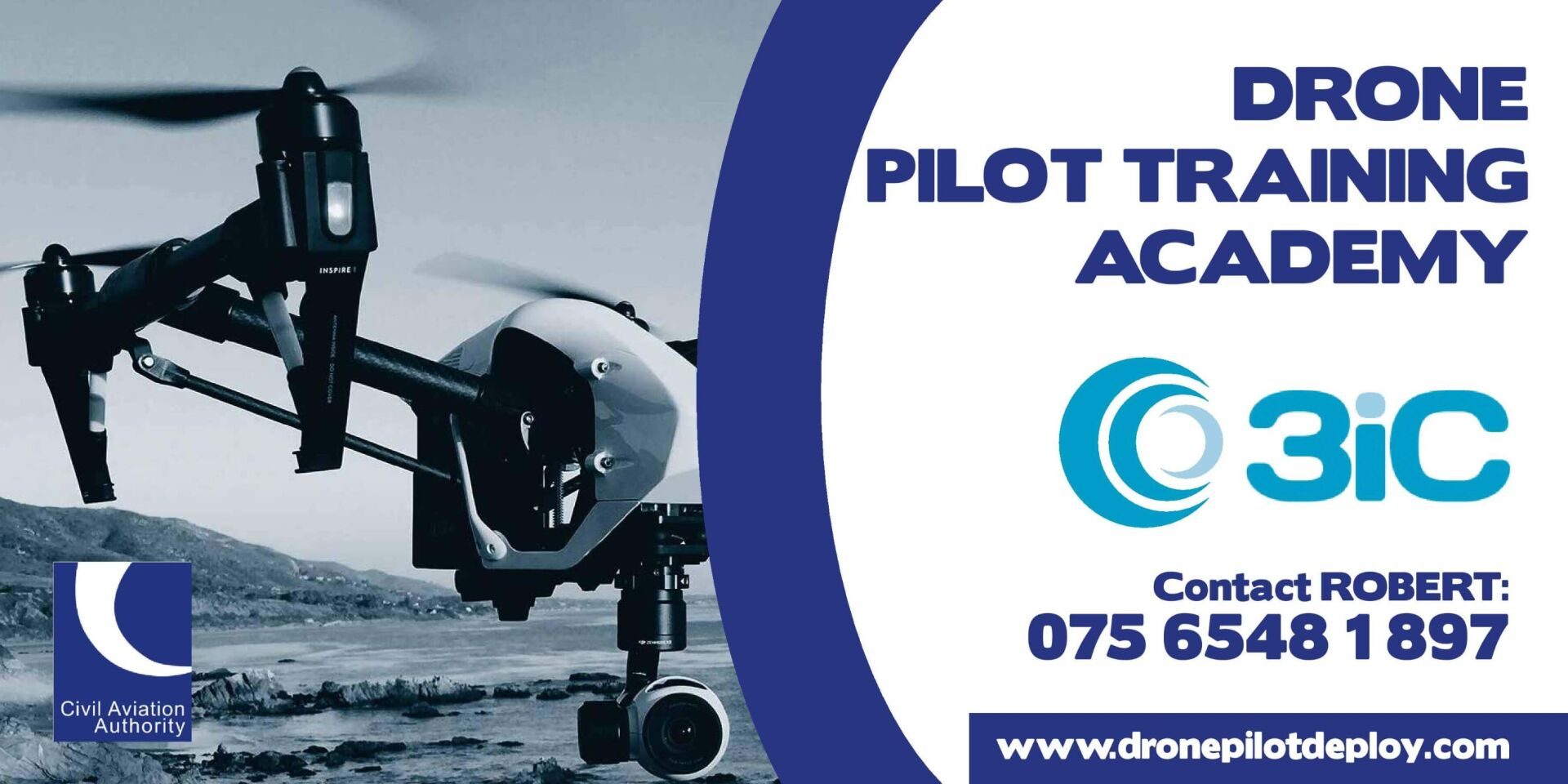Northern Ireland's No.1 Drone Pilot Training Academy
Shipping Available
Safe Payments
The Rise of Drone Pilot Training: Soaring into the Future
This is a subtitle for your new post

TThe Rise of Drone Pilot Training: Soaring into the Future
In recent years, drones have transformed from military tools to versatile devices used in various industries, including agriculture, construction, photography, and delivery services. As the demand for skilled drone operators continues to rise, drone pilot training programs are becoming essential for aspiring pilots looking to navigate this exciting new landscape. In this blog, we’ll explore the significance of drone pilot training, what it entails, and how to get started on your journey.
Why Drone Pilot Training is Essential
1. **Regulatory Compliance**: In many countries, flying drones for commercial purposes requires certification or licensing. For instance, in the UK the Civil Aviation Authority (CAA) mandates that commercial drone pilots pass the GVC exam. Training programs ensure that pilots understand these regulations, which is crucial for legal and safe operations.
2. **Safety First**: Drones can pose risks if mishandled. Proper training equips pilots with the skills to operate drones safely, minimizing the risk of accidents. Understanding how to troubleshoot common issues and perform pre-flight checks is vital for any drone operator.
3. **Technical Proficiency**: Modern drones come equipped with advanced technology, including GPS, sensors, and cameras. Training programs provide hands-on experience with this technology, enabling pilots to maximize their drone's capabilities, whether for aerial photography or surveying land.
4. **Industry-Specific Skills**: Different industries have unique requirements for drone operations. For example, agricultural drone pilots may need to learn about crop health analysis, while construction pilots may focus on site surveying and mapping. Specialized training can help pilots tailor their skills to meet industry demands.
hat Does Drone Pilot Training Involve?
Drone pilot training can vary widely depending on the program and the intended use of the drone. However, most programs generally cover the following key areas:
1. **Regulatory Knowledge**: Understanding aviation regulations, airspace classification, and the responsibilities of a remote pilot.
2. **Flight Techniques**: Learning to operate a drone, including takeoff, navigation, and landing, along with emergency maneuvers and troubleshooting.
3. **Technical Training**: Familiarization with drone hardware, software, and maintenance requirements. This may include working with flight planning apps and data analysis tools.
4. **Practical Experience**: Most training programs include hands-on flight time, allowing students to practice under the supervision of experienced instructors.
5. **Certification Preparation**: Many programs offer guidance and resources to help students prepare for certification exams like the GVC.
How to Get Started
1. **Research Programs**: Look for accredited training programs that fit your needs. Online courses, community colleges, and specialized flight schools are all excellent options.
2. **Check Requirements**: Review any prerequisites for the program you choose. Some may require prior flying experience, while others are designed for complete beginners.
3. **Invest in Equipment**: If you’re serious about becoming a drone pilot, consider investing in a drone for practice. Many programs use specific models, so check which ones are recommended.
4. **Network with Other Pilots**: Join online forums or local drone clubs to connect with experienced pilots. Networking can provide valuable insights and job opportunities in the field.
5. **Stay Updated**: The drone industry is rapidly evolving. Keep up with the latest technology, regulations, and best practices by following industry news and participating in ongoing training.
Conclusion
Drone pilot training is the gateway to a rewarding career in a rapidly growing field. As industries increasingly rely on drone technology, the demand for skilled pilots will only continue to rise. By investing in proper training, aspiring pilots can ensure they are well-equipped to navigate the skies safely and effectively. Whether you want to capture stunning aerial photography, assist in agricultural monitoring, or provide critical data for construction projects, the journey begins with quality drone pilot training. So, are you ready to take flight?
OPENING HOURS
- Mon - Thu
- -
- Fri - Sat
- -
- Sunday
- Closed
Special Opening Hours available on request
Contact
Robert Dobbin
All Rights Reserved © 2025 | Dronepilotdeploy.com | Online Exam Procedures | Website built by Infoserve | Privacy Policy | Terms & Conditions | Sitemap |


